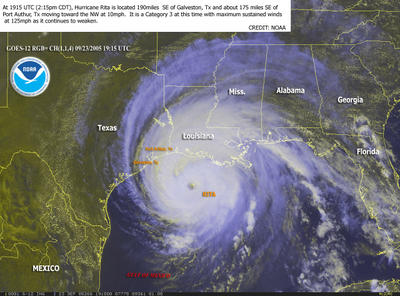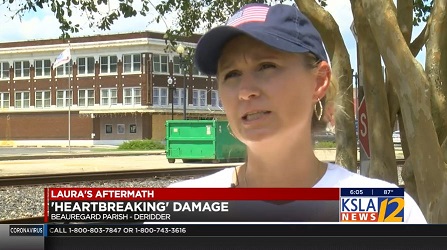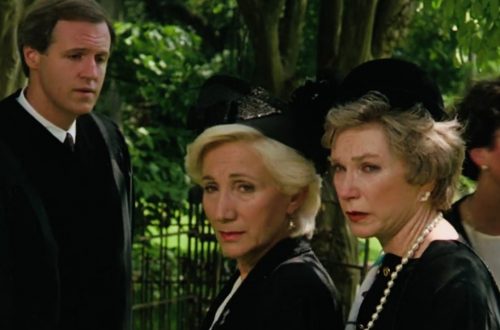I have been out of pocket for the last week or so as I was attending the 58th annual meeting of the Evangelical Theological Society (ETS) in Washington, D.C. I just returned Sunday night and am getting back in the saddle on this blog.
I have already posted a brief response to all of you who have commented on the paper that I presented at the conference. In this post, I thought I would like to share just a few overall reflections concerning my trip to D.C.
I am pleased that the society decided to amend the bylaws so that the “Chicago Statement on Biblical Inerrancy” will become the norm for defining inerrancy in the ETS. Now that this motion has passed, the ETS has an official guideline for evaluating whether theological views (like Open Theism) are compatible with a belief in inerrancy. I was pleasantly surprised to see that Clark Pinnock spoke in favor of the bylaw change.
The members of ETS elected Bruce Ware as the next President of ETS. Dr. Ware is a fine scholar and an articulate theologian. The ETS selected one of its finest in elevating Dr. Ware to this position.
I enjoyed spending some time with my friend Gabe Gatlin and the other men from The Bethlehem Institute (TBI) in Minneapolis, Minnesota. Gabe and all of his TBI homies were kind to allow visitors to their after-hours-chewing-of-the-theological-fat sessions. As I have stated on this blog before, Pastor John Piper has been a mentor in absentia to me, so it was a real privilege to visit briefly with him at the TBI discussion group.
As always, ETS is a great occasion to reconnect with old friends and mentors who are now spread across the four corners of the earth: Barry Joslin, Jim Hamilton, Brian Vickers, Joel Willitts, Jim Samra, Jason Oakes, Joel Lawrence, Tom Schreiner, and Bob Stein (just to name a few).
I finally got a chance to visit Capitol Hill Baptist Church. I had wanted to visit this church for many years but had been let hitherto this past Sunday. Pastor Mark Dever gave an outstanding exposition of 2 Peter 2:1-9, and I can see why Capitol Hill Baptist has such a thriving gospel ministry in our nation’s capitol.
Barry Joslin, Mark Overstreet, and I visited the Capitol building on Thursday, and Mark somehow managed to arrange a meeting with one of our Congressmen from Texas, Representative Joe Barton. We also visited the House and Senate galleries, watched the U.S. Senate while it was in session, and passed Teddy Kennedy in the hallway.
The highlight of the trip was spending time with my dad (Dennis Burk, Sr.), who flew up from Louisiana to hear me read my paper and to do some sight-seeing with me. What a great blessing it was to spend time with him, and what an even greater blessing to have him as a dad.




4 Comments
Larry
Denny:
Is a bi-law a law in an organization’s constitution that could “go either way”, as in, well, you know…
I think you meant by-law. Just a little jest at what I hope isn’t your expense. Thanks for the helpful blog…
dennyrburk
Thanks, Larry. I made the correction.
Barry
Thanks Denny. Great post and great pictures. This was my favorite ETS so far. Being in DC made it especially memorable. Hanging with Dennis Sr. was indeed the best part. “Coach” is one of a kind.
Barry
jeff miller
I just read the paper you delivered. I especially appreciate your criticism of reader-response methodology. It is strange that someone would say “Paul can still be a resource for liberation” as if Paul’s message is only useful as a means to some other end.
I agree with the “foul play” call on FP’ers who would single out the United States as “empire” and therefore make it “bad.” I wonder if N.T. Wright thinks that a kinder more gentle England (with or without an institutional prophet by it’s side) will ever be better at submitting to Jesus than the U.S.?
While the FP approach is out of step with the N.T. context, and Paul’s “theological lexicon” is mostly shaped by Judaism, shouldn’t we also recognize that the Judaism of Paul’s day knows something of the Greco-Roman religious and political milieu and vocabulary?
Also, the idea of the kingdom of God in some sense challenging imperial Rome was given in Judaism’s book of Daniel. The stone which was cut out without hands and struck the image in its clay and iron feet seems to render the particualars of the fading man-made, image-of-man, kingdoms irrelevant from one vision’s perspective.
While the term “anti-imperialism of Paul†is jarring if being used to set one governing style against some other old-age nation’s approach, we, none-the-less, may be on target, in thinking of the Christian Gospel as announcing a “para-imperialism.†Our single minded loyalty belongs to Jesus as Lord even while under the temporary lordship and limited governing “ministry†of Caesar.
It does not seem that a disciple of Jesus has to take a stand against a “Pax Americana†any more than Paul needed to take a stand against “Pax Romana.†But niether are the Peace that Christ gives. What evangelicalism does may not be as important as what you and I do in recognizing that we are not to be marked by either the left side of the American political spectrum nor the right, but by a new name and a new spirit.
Jeff M.